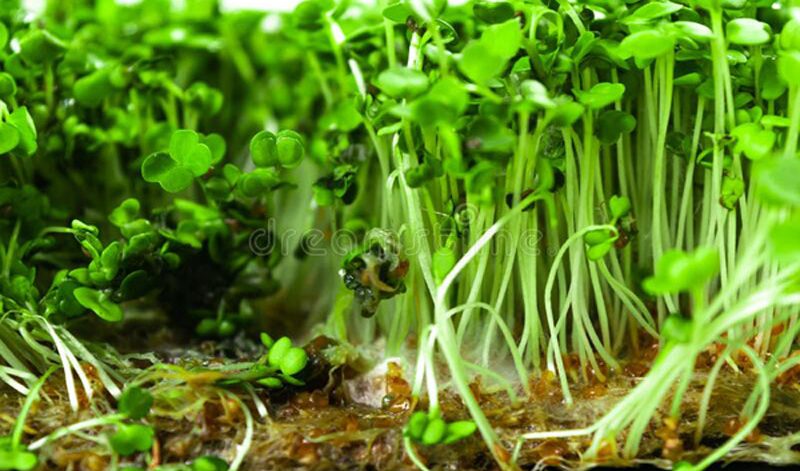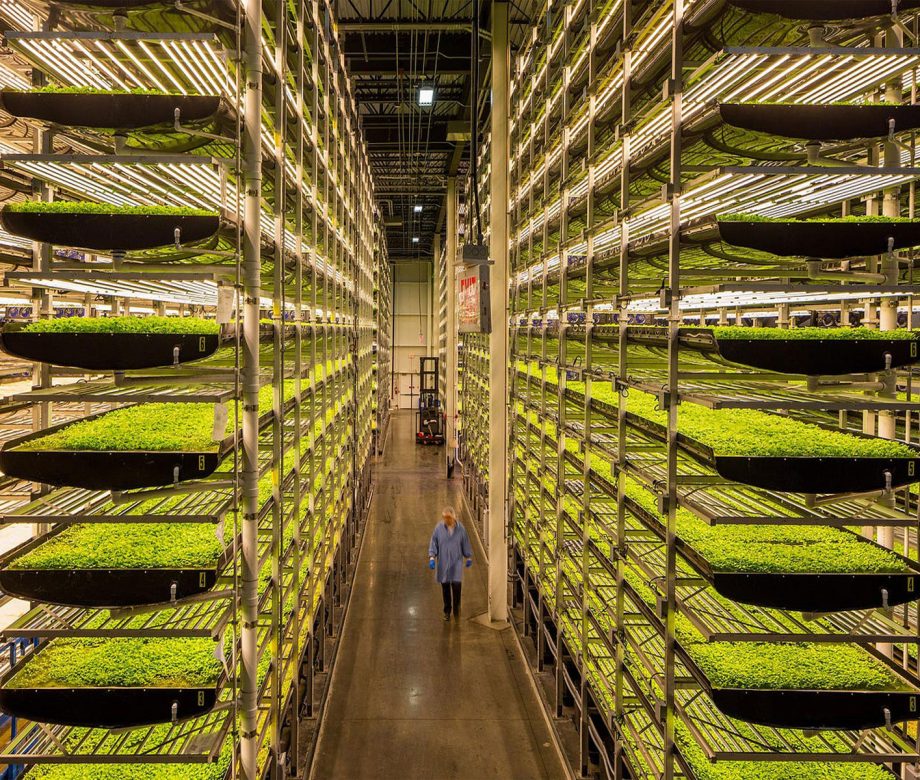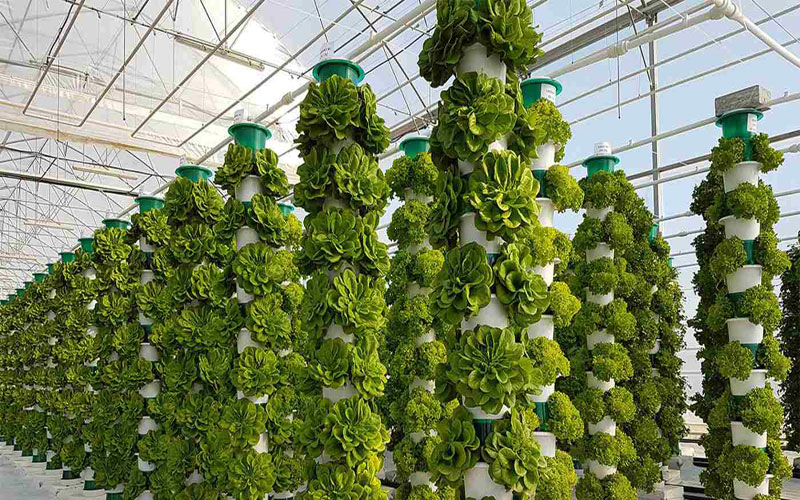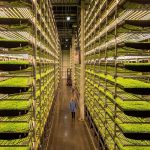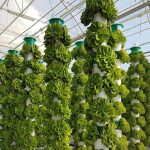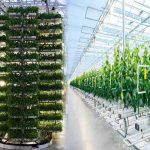Urban farming has emerged as a crucial topic in today’s world, driven by the rapid urbanization and diminishing rural areas. It offers an innovative solution for food production in cities, where green spaces are scarce. This article explores the concept of urban farming, its advantages, and the opportunities it presents for cities.
What is Urban Farming? Defining the Importance
Urban farming is the practice of cultivating crops and rearing livestock in limited spaces within or around urban areas. It promotes local food production, allowing cities to meet their own food needs and providing easy access to fresh, nutritious, and healthy produce.
Advantages of Urban Farming
Urban farming offers several advantages. Firstly, it enhances food security by enabling urban residents to produce and consume locally grown fruits, vegetables, and other agricultural products. It reduces the reliance on food transported from rural areas, thereby decreasing energy consumption and transportation costs. Additionally, urban farming contributes to the expansion of green spaces, preserving natural habitats, and enhancing the environmental sustainability of cities.
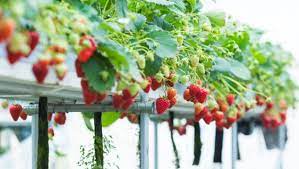
Opportunities Presented by Urban Farming for Cities
Urban farming creates numerous opportunities for cities. It generates jobs and employment prospects while contributing to the local economy.
The Potential for a Food Revolution: Urban Farming
Urban farming has the potential to drive a food revolution in the future. With the continuous increase in urban populations and growing food demand, the importance of urban farming becomes even more significant. This farming approach can increase food production sustainably and efficiently. Innovative methods such as vertical farming and smart greenhouse systems enable large-scale production in urban areas. Furthermore, urban farming minimizes water usage compared to traditional farming methods, contributing to the conservation of water resources.
Social Impacts of Urban Farming
Urban farming holds great potential for social impacts. It encourages community engagement and brings people together around a common purpose. It reconnects individuals with nature and promotes participation in agricultural activities. Moreover, urban farming projects foster community solidarity and knowledge sharing. Educational programs conducted in schools, community centers, and urban farms teach agricultural skills to children and adults while raising awareness about healthy nutrition.
In conclusion, urban farming represents the resurgence of green spaces and a potential food revolution. By cultivating crops and rearing livestock in limited urban areas, it promotes local food production, ensuring sustainability and food security. Urban farming creates job opportunities, strengthens the local economy, and enhances social interaction. Therefore, the promotion and support of urban farming lay the foundation for healthier, sustainable, and community-centric cities.

